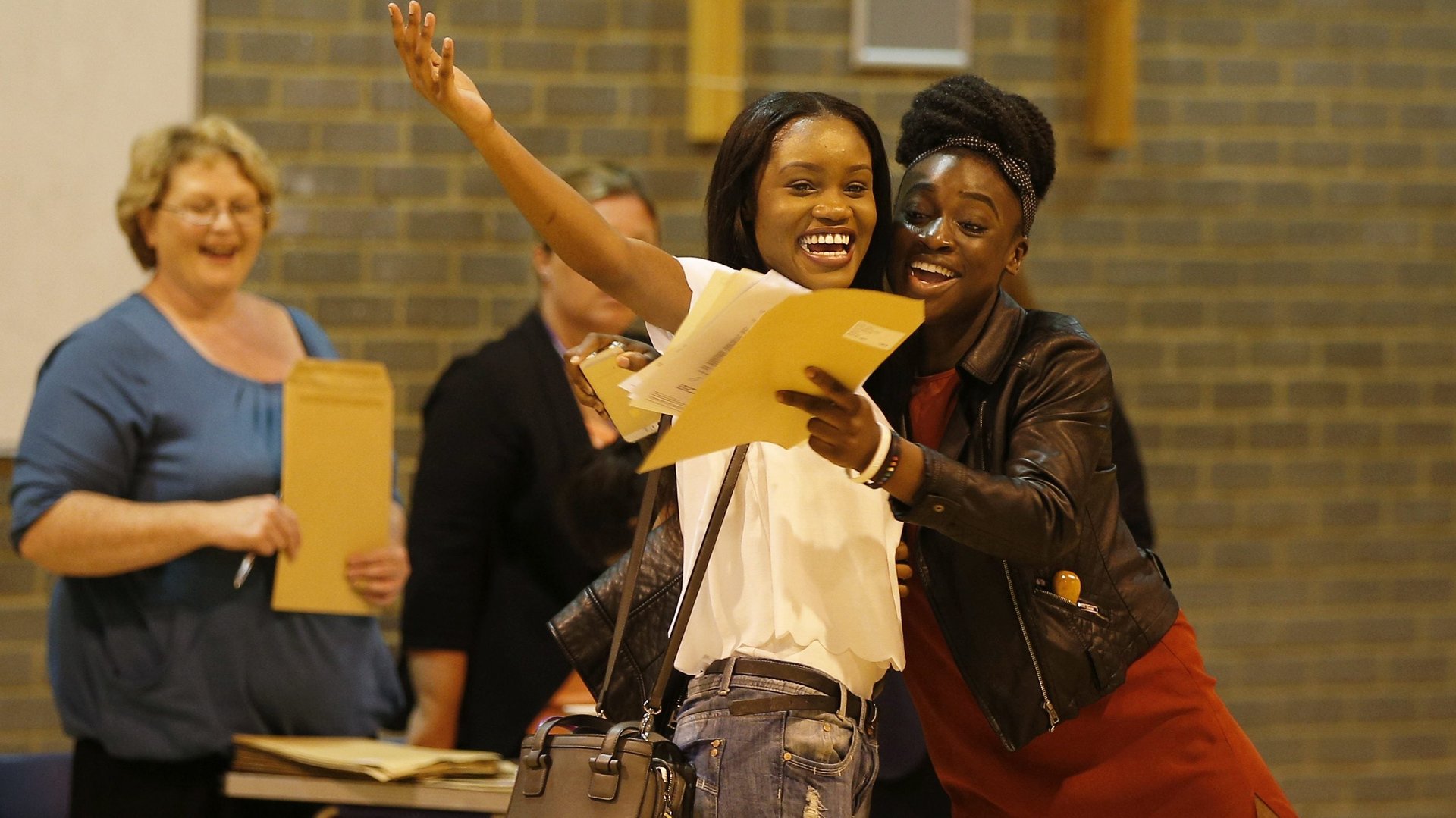UK students who speak English as an additional language overperform in school
Students who speak English as an additional language (EAL) are overtaking native speakers in British schools.


Students who speak English as an additional language (EAL) are overtaking native speakers in British schools.
The data, recently released by the British education ministry, looks at a student’s average grade across eight subjects (known as Attainment 8), as well as the progress each pupil makes from the age of 10 to 16 (known as Progress 8). EAL students outperformed native speakers on both measures.
In 2017, the average Attainment 8 score of EAL students was 46.8, compared to 46.3 for native speakers. And while EAL students achieved a Progress 8 score 0.5, native speakers got an average score of -0.11.
The government defines a first language as the language a child was initially exposed during early development and continues to be exposed to in their home or community. It does not mean that EAL students cannot speak English or that they are completely fluent in a language other than English. In the UK, 15.9% of pupils at the end of secondary school (usually aged 16) had a first language other than English in 2017. This is 0.8 percentage points higher than 2016.
The report echoes a 2016 study by think tank CentreForum, which also found that EAL students outperformed (paywall) native speakers in core subjects. The report also noted that white British pupils in England were lagging behind their ethnic minority peers.
A similar pattern is seen among UK students who go into higher education after completing their schooling (usually aged 18). Last year’s disparity audit, which was commissioned by the government, found that students from ethnic minorities who completed their initial schooling at 18 were more likely than their white peers to immediately go into more education.